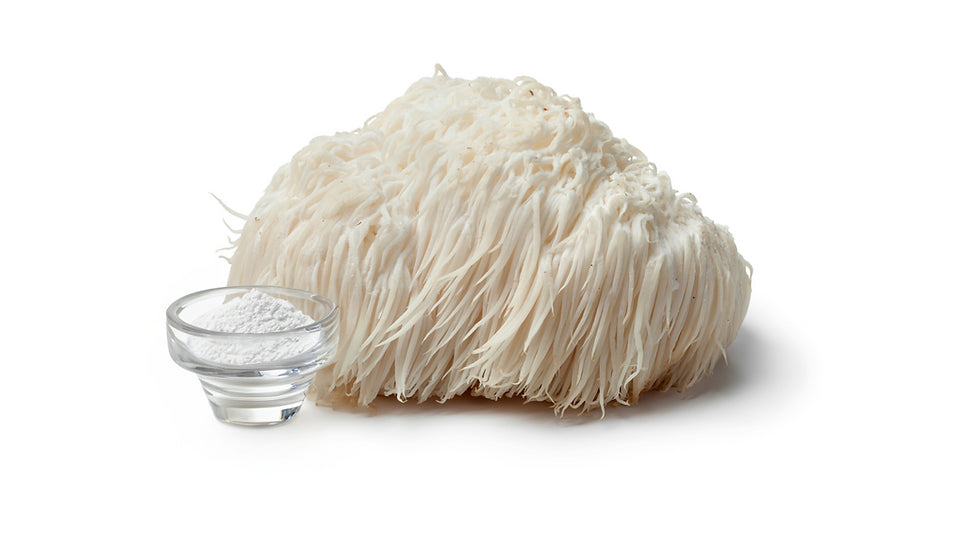
Healing Herbals
Lions Mane Extract Powder
Lions Mane Extract Powder
Couldn't load pickup availability
Our Lion's Mane Extract is made from high-quality Hericium erinaceus mushrooms, known for the icicle like spines traditionally used to support mental clarity and overall vitality. Usage: Add to beverages, capsules, or take directly as a dietary supplement.
Ingredients: Lion's Mane Extract (Hericium erinaceus).
Disclaimer: Not evaluated by the FDA. This product is not intended to diagnose, treat, cure, or prevent any disease. Consult a healthcare professional before use.
Share


Here at Healing Herbals Store
We carefully select suppliers who share our commitment to environmental stewardship and minimize waste through eco-conscious or reused packaging whenever possible. We prioritize supporting fair labor practices and are currently investing in regenerative farming methods, so every product reflects our dedication to both quality and the health of our planet. Shop now!

